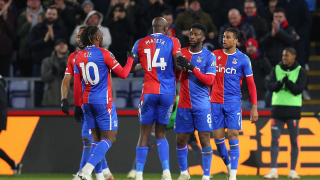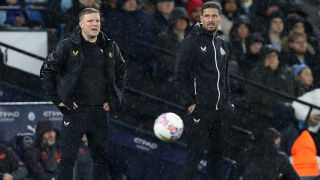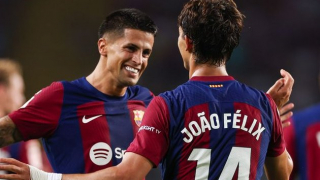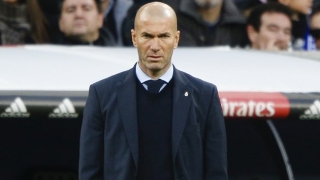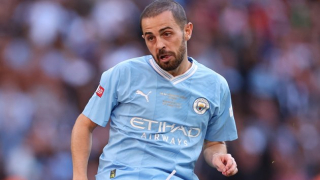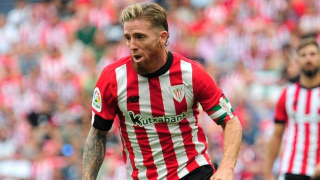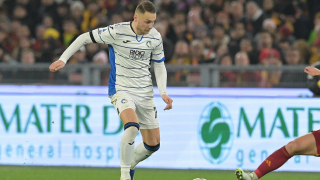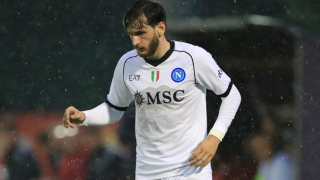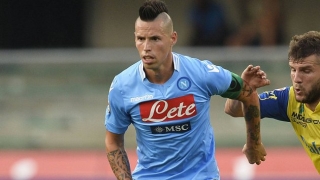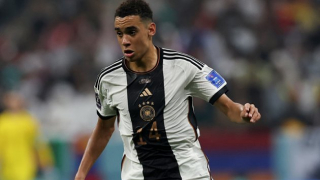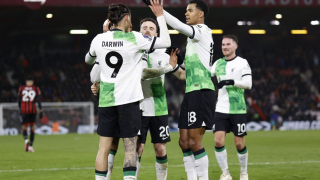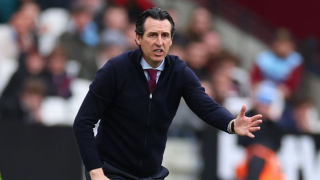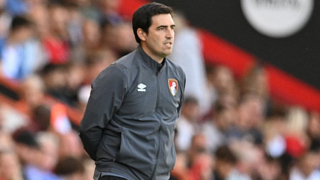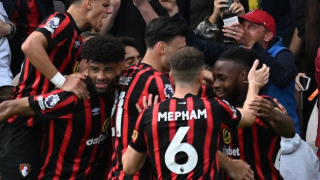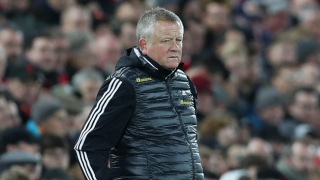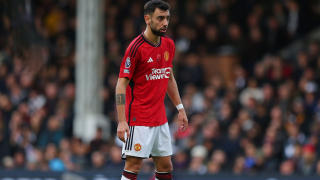It's been a superb World Cup so far, quite possibly the best in history thanks to the VAR drama, late goals, unexpected results, and a peculiar feeling of optimism in England. Here's a look at ten things we learnt from the first round of the 2018 World Cup.
1) England have their best chance since 1966 of winning the World Cup
Even before the tournament began England were dark horses; under significantly less pressure than usual, without egos dividing the camp, with a young and talented squad, and with a clear tactical identity, Gareth Southgate's side should always have been considered alongside the likes of Spain and Brazil.
The group stage matches have thrust England into the limelight. Harry Kane's performances give cause for optimism, while the defeat to Belgium leaves the Three Lions needing to beat Colombia and Sweden or Switzerland to reach the semi-finals. Since winning the tournament in 1966 England have never been in such a strong position.
2) Complacency and exhaustion is an issue for any and every World Cup winner
When Germany crashed to a 2-0 defeat to South Korea they became the fourth World Cup holders in five editions to be knocked out in the group stage. This is no coincidence; emotional exhaustion and complacency were clearly an issue for Joachim Low's side, just as they were for France in 2002, Italy in 2010, and Spain in 2014.
Low didn't bring enough younger players through, instead relying on the 2014 winners to repeat their form despite all evidence to the contrary. An inability to let go of the past is one of the many reasons why Germany lost two of their three World Cup matches.
3) VAR is working better than expected – but confusion over what it's for remains
Decision-making at the World Cup has certainly been improved by VAR, which has been quicker and more effective than many predicted. The South Korean goal against Germany in the 91st minute was the best example yet of VAR overturning a refereeing error, but it was just one of several key decisions. Its introduction has provided more goals, too, from set-pieces (as fewer defenders hold attackers) and penalties, which is why there was a record 38 matches before the first 0-0.
However, pundits in the UK appear to misunderstand its purpose, perhaps explaining why it is still talked about as a controversial addition. The purpose of VAR is to give greater clarity to the referee, not to eliminate mistakes; decisions in football are subjective and liable to human error, something VAR cannot change. But as we have seen over and over again, its implementation has provided referees with more information when making their calls – and that can only be a good thing.
4) A clear, simple game plan is considerably more valuable than individual stars
Uruguay, Denmark, Switzerland, Sweden, Mexico, and Japan have all qualified for the second round thanks to a relatively simple, defence-first counter-attacking tactical system that champions the collective over the individual.
The group stages have proved that nurturing an identity over several years is a considerably better strategy than allowing external pressure to put focus on one player. Portugal, Argentina, and Brazil have all stuttered through to the last 16 thanks to their over-reliance on Cristiano Ronaldo, Lionel Messi, and Neymar respectively.
5) Every top nation has a fatal flaw, meaning anyone could win it
England aren't the only nation excited by a strangely weakened field. Croatia, Belgium and Uruguay in particular will see this as an excellent opportunity to go all the way to the final, partly because the draw has clearly split into two unequal halves and partly because every big nation has vulnerabilities.
France have no coherent plan, Argentina are defensively naive, Brazil struggle to defend counter-attacks, and Spain are effectively manager-less. So far this looks like a World Cup that will be won by an underdog.
6) …but slow starts are often the sign of champions, giving Brazil & Spain a slight edge
On the other hand, the group stages are not necessarily a good barometer. Traditionally World Cup winners gradually build momentum as the tournament progresses, rather than starting strongly and burning out, and indeed it could be seen as an advantage to get through the first round without having reached the higher gears.
In 2014 Germany drew 2-2 with Ghana and took extra time to beat Algeria in the second round; in 2010 Spain lost their opening match to Switzerland; and in 2006 Italy drew with USA. That Brazil and Spain, the two pre-tournament front runners, emerged unscathed as group winners is good enough for now.
7) World Cup once again unearths unknown talents
Every edition of the World Cup brings new faces to worldwide attention, and 2018 in Russia has been no different. There are plenty of players whose agents will be calling Premier League clubs based on their performances in the group stages alone.
Aleksandr Golovin has been a standout star for Russia, scoring once and assisting twice, while South Korea's goalkeeper Cho Hyun-Woo was inspirational in the defeat of Germany. Sergej Milinkovic-Savic has done enough to confirm his place as a star of the future and Colombia's Juan Quintero has looked superb in the number ten role.
8) Africa's worst World Cup since 1982 hints at serious development problems
For the first time in 36 years there is no African representation in the second round of the World Cup, a deeply troubling result for the continent following years of decline. It wasn't long ago there was talk of a first African semi-finalist and at the beginning of the 21st century excitement was building for a golden age in African football.
Fast forward to 2018 and Didier Drogba, a key member of the Ivory Coast team that was tipped as a dark horse to win the 2006 World Cup, said the continent had taken "a big step back", bemoaning the "consistency and structure" in African football. The poor showing in Russia will, perhaps, trigger some major changes.
9) For maximum drama, teams from pots 1 & 2 should play each other first
Groups B, E, and F offered superb drama throughout the first round of the competition as Brazil, Spain, Portugal, and Germany all stuttered. This was largely because the two highest ranked nations played each other first, giving a head start in points to one of the less favoured nations and destabilising the beginning for the usual contenders. Germany never recovered from their defeat to Mexico, Brazil's draw with Switzerland left them panicky against Costa Rica, and Iran almost went through thanks to topping group B after matchday one.
It also meant the other opening fixture in these groups was effectively a play-off, as the loser faced almost certain elimination, making both matches interesting. By contrast there was a tedious end to Group H, in which there was nothing left to play for after both Belgium and England won their first two matches. In future, FIFA should ensure that nations from pots one and two kick off their groups.
10) FIFA should find a better way to separate nations than "fair play" points
During the final week of group games there was far too much discussion of "fair play" points. Belgium and England were almost separated by their yellow card count, while Senegal exited the tournament because Japan had earned two fewer yellows. It didn't feel particularly fair considering the awarding of cards often depends upon the severity of the referee.
From an administrative point of view it would be impossible to arrange a penalty shoot-out between nations every time this happens, although it would be an option should the two nations be playing each other. England and Belgium could have been decided by penalties, for example, had Adnan Januzai not scored a winning goal.

